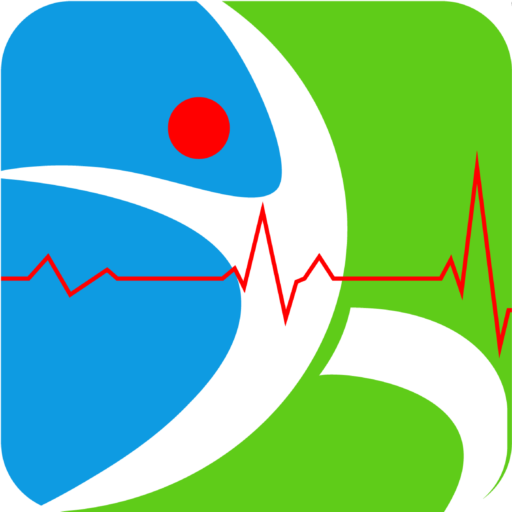You’re probably eating more because you’ve gained weight.. You read that right!
HAVE YOU SEEN A FAT TIGER IN THE WILD?
In the wild, animals typically do not overeat or become overweight in the same way humans do. Their hunger, appetite and body weight are naturally regulated.
We humans WITH MORE EVOLVED BRAINS were also born with this regulation, but wrong food choices lead to hormonal imbalances and fat gain which further drive the brain to make wrong food choices and the cycle continues.
By the way, physical activity or the lack of it is NOT THE MAIN CAUSE OF OBESITY. It promotes weight loss but cannot protect you against weight gain in the presence of genetic, metabolic, environmental and dietary factors.
MAN VS WILD
Carbohydrates are not a large part of a wild animal’s diet; they primarily consume proteins and fats, which leads to better gut-brain signalling.
In contrast, humans face a complex interplay of hormonal and neural mechanisms that can lead to mismanagement of food intake and weight gain.
Key hormones like leptin and insulin regulate hunger, but many people with high body fat develop resistance to these signals, impairing their ability to feel full.
Hunger is a signal from the brain to make us eat because we are low on fuel. How is the fuel low when there is so much stored in the fat cells? If fat was burning optimally the brain wouldn’t be hangry that often.
In short, the brain, the gut and the fat cells who are the keepers of energy balance are not communicating with each other correctly in obesity. It’s like the fuel gauge in your car is always on “E” even when the tank is full.
This could mean that you eat more because you’ve gained fat and then gain fat because you’re eating more (carbs)!
HUMANS ARE VICTIMS OF TASTE AND MISINFORMATION
Yes, taste plays a significant role in the differences between how animals and humans regulate their food intake.
The brain releases dopamine in response intake of high carb foods, leading to a cycle of excessive consumption. In contrast, wild animals may not experience this heightened reward response. They generally consume foods rich in proteins and fats, their taste receptors have a preference for nutrients crucial for survival not comfort.
Humans, on the other hand are exposed to a wide range of tastes, influenced by culture and environment, which distort our natural hunger and fullness cues.
Social media always talks about calories not foods that make up those calories.
Carbohydrates, proteins and fats send different fullness signals to the brain. Think of eating a bag of chips versus full fat cottage cheese. Which one will make you full first?
FIXING THE MAIN THING
Understanding how the brain works is crucial in managing obesity because it is the master control.
That’s also why weight loss drugs like Ozempic and Mounjaro originally developed to lower blood sugar are also targeting the brain’s circuitry to promote fullness.
It’s not long before the brain becomes the main organ to target for weight management.

